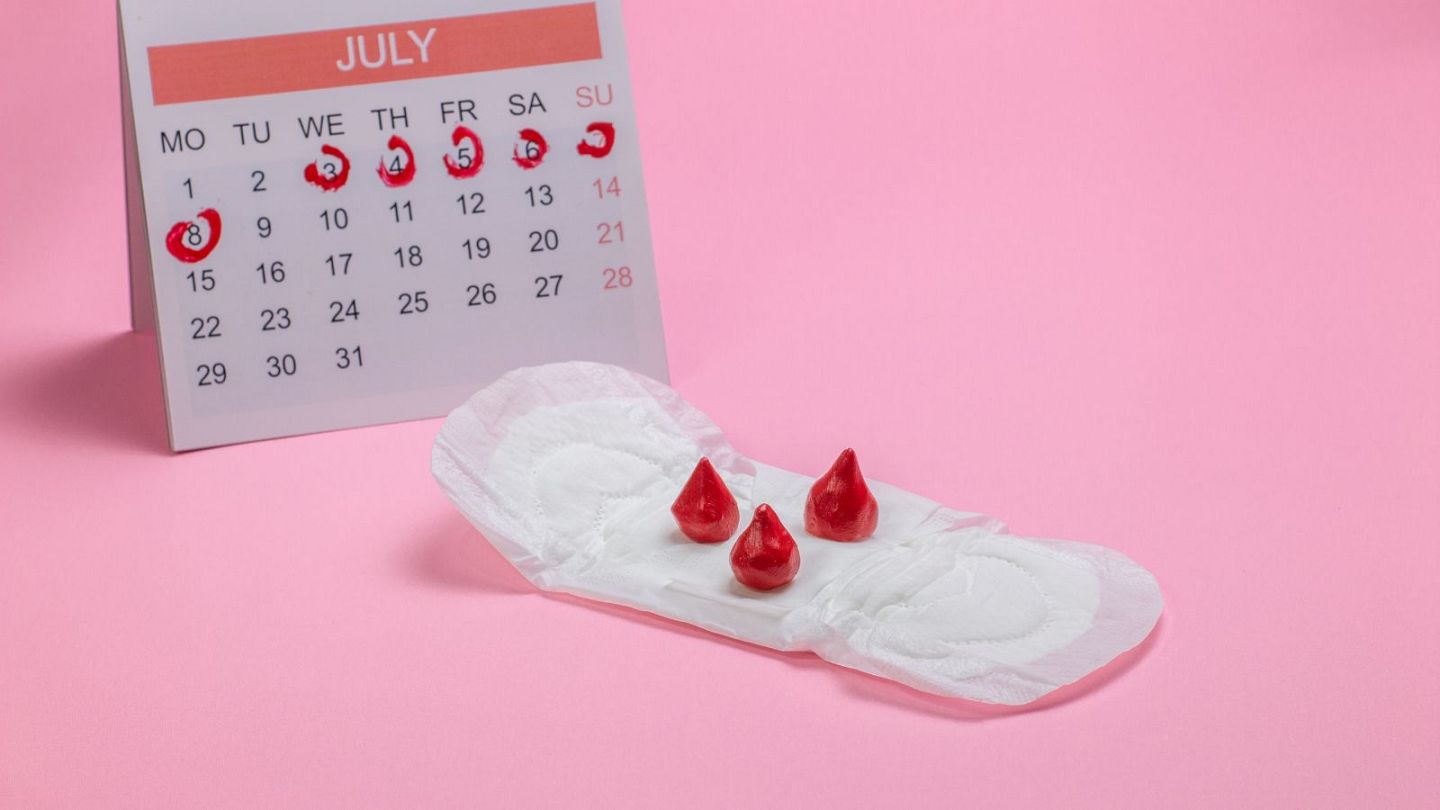Girls with healthier diets tend to get their first periods later, researchers say
Early menstruation has been linked to health issues later in life, making the time around puberty important for long-term well-being, researchers said.
Girls with healthier diets may be more likely to get their first periods at an older age, according to a new study. Girls typically enter puberty between the ages of 8 and 13, and get their periods about two years after their breasts begin developing.But starting puberty and menstruation at younger ages has been linked to health risks later in life, including diabetes, obesity, cardiovascular disease, and breast cancer.The new study aimed to uncover how diet may affect the age when girls begin menstruating. It followed more than 7,500 children aged 9 to 14, tracking their diets and when their first periods started.The findings were published in the journal Human Reproduction. Girls with the healthiest diets were 16 per cent less likely to start their periods at an early age compared to girls with the poorest diets.Meanwhile, girls who ate he most inflammatory foods were 15 per cent more likely to begin menstruating earlier.The results held up regardless of the girls’ height or body weight, “demonstrating the importance of a healthy diet regardless of body size,” Holly Harris, the study’s lead author and an associate professor at the Fred Hutchinson Cancer Centre in the US, said in a statement.More research needed to confirm findingsDr Imogen Roger, a research fellow from Brighton & Sussex Medical School who was not involved with the study, cautioned against drawing too strong of a conclusion from the report, telling Euronews Health that “there is some potential for ‘reverse causation’”. “Diet was mentioned close to the time of menarche in most of the girls,” Roger said.“There is evidence that diet quality falls from childhood to adolescence, so it is possible that timing of puberty is causing the ‘inflammatory’ diet, rather than the other way around”.Further research is needed to understand why diet and menstrual timing appear to be linked, Roger said.But Harris said that given the known health risks tied to earlier menstruation, it could be especially important to ensure children have access to healthy foods around the time they begin puberty.The findings, she said, underscore “the need for all children and adolescents to have access to healthy meal options, and the importance of school-based breakfasts and lunches being based on evidence-based guidelines”.


